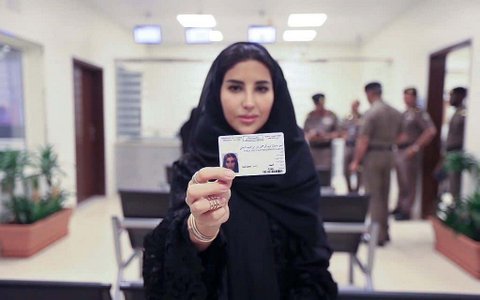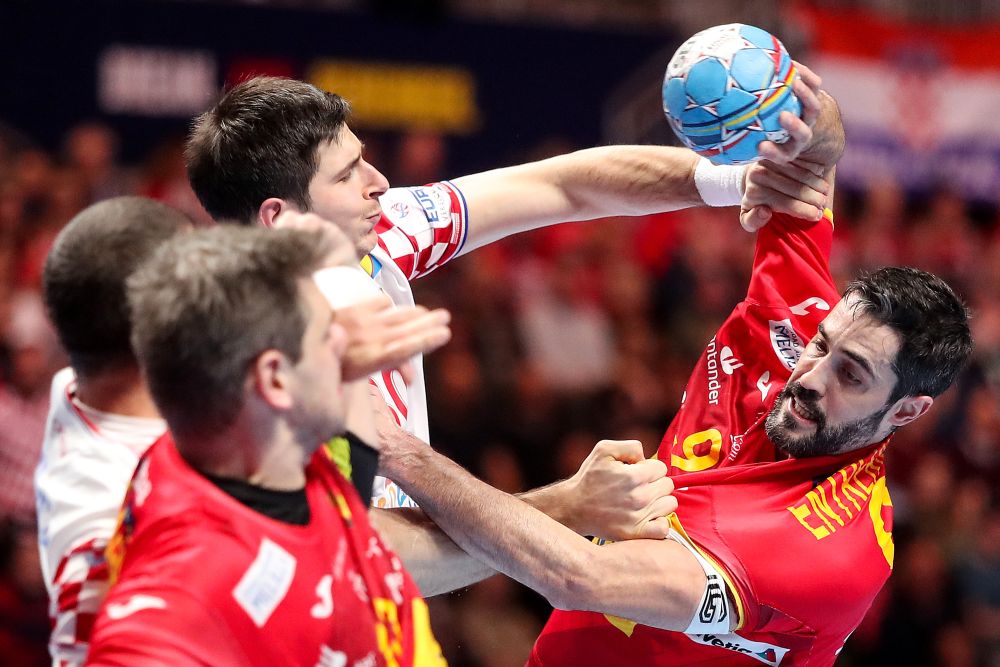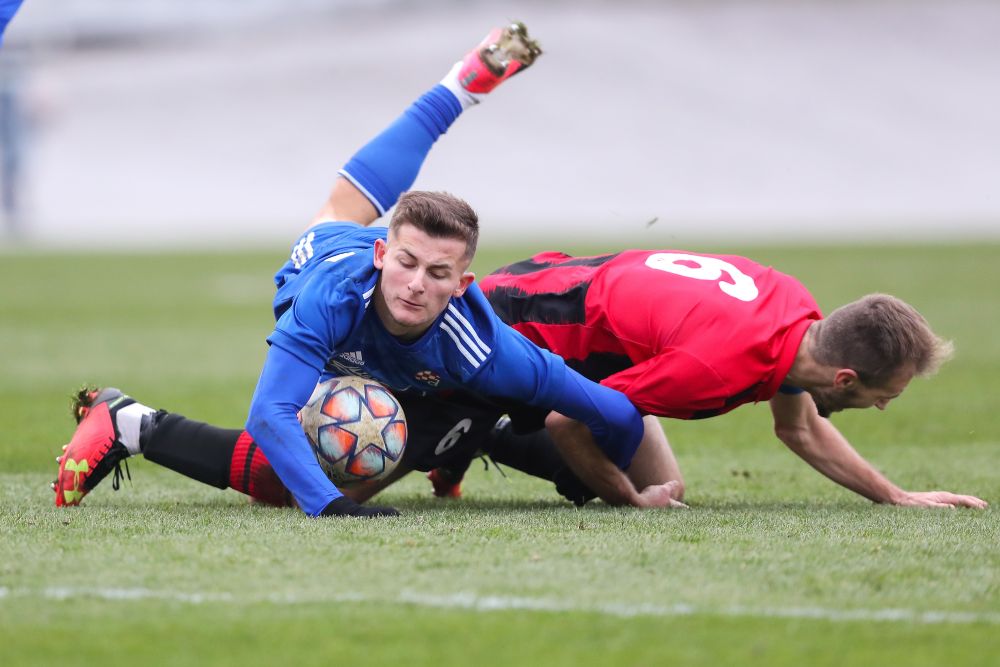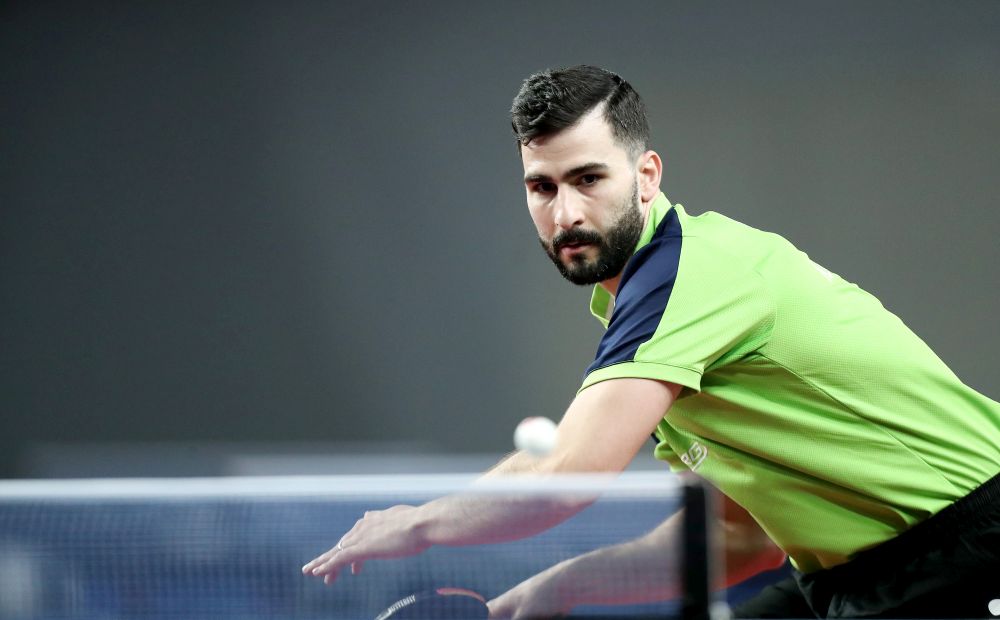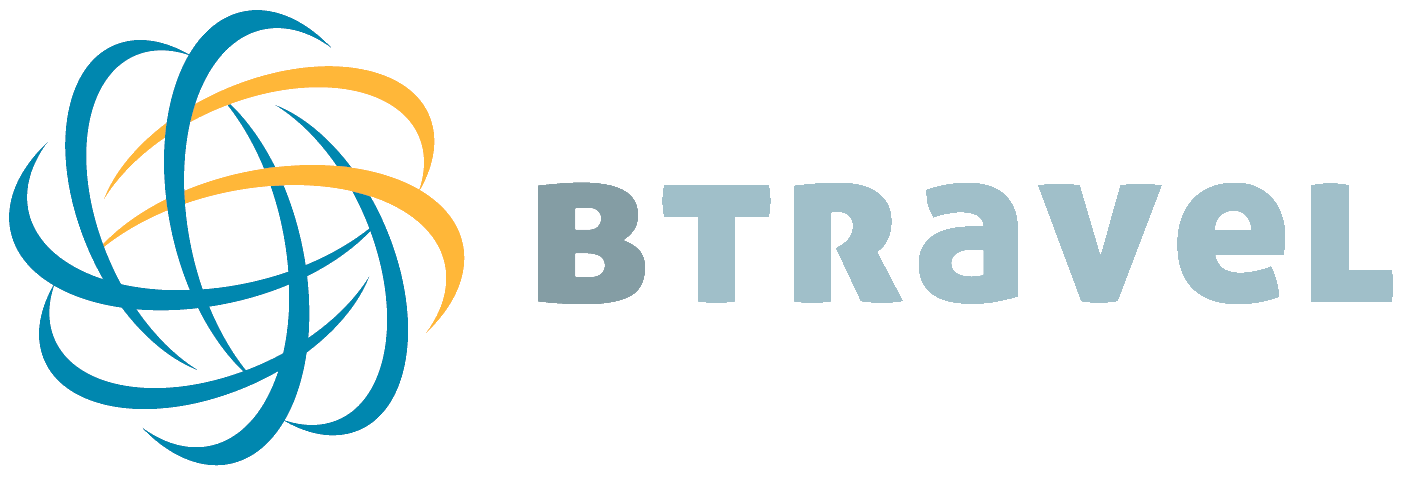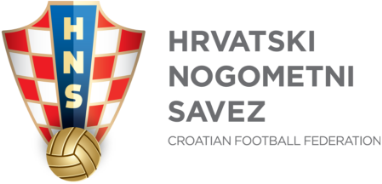I dedicate this space on International Women’s Day to allow readers worldwide to see the female world from my own perspective.
I am Nadine, an Arab female sports journalist coming from Jordan. I am privileged to be able to observe different Arab cultures and communities developing in the Middle East from the outside, after moving to Northern Italy to continue my work for the International Sports Press Association.
STARTED WITH A PHONE CALL My journey as a female writer started at Hashemite University, where I was president of the Students Media Committee. Fast forwarding three years later, in 2016, I began my 'international' journey after receiving a call from Roslyn Morris, the then AIPS Secretary General, telling me about an AIPS Young Reporters Programme being held in my hometown Amman, it was my college dean who nominated me to enrol this programme, next morning I was sitting in class at the Grand Palace Hotel with 14 other international young reporters and AIPS Mentors Riccardo Romani, Martin Mazur, Keir Radnedge, Andrea Giannini... who later, became co-workers.
A LIVING PARADOX Having the privilege of experiencing both Arab and Western worlds allowed me to immerse in different cultures, exchange ideas, experiences, and broaden my horizon. I can say that women's legal rights in the Arab world still need a lot of development, and probably in other regions too, but I report on what I know best, the Arab region.
I was lucky to have an “open-minded” family who supported me all the way despite all the difficulties. However, the following stories do not have the same privilege nor freedom I had, as women in many regions face different dilemmas, the following line are dedicated to them:
THE "FEMALE" ARAB SPRING North African and Middle Eastern women are on a fast-paced advancement in all aspects of life; from obtaining civil rights to driving, travelling, working, entering stadiums and practising sports; they are now earning high-profile job positions, pursuing higher education and more. This comes within the Arab governments' vision to enhance the quality of life for its citizens and actively include women as a vital part of society.
LAWS TO BE QUESTIONED The situation is better, but certainly not at its best. Homicides, domestic violence and sexual harassment crimes still surround women in the Arab world and in many other regions, with the absence of a fair judicial system for women, children and family protection, vital amendments and updates to civil justice laws are crucially needed.
According to a United Nations statement, about “37% of Arab women have experienced some form of violence in their lifetime. There are indicators that the percentage might be higher. Nearly 4 in every 10 of all women victims of homicide worldwide are killed by intimate partners.”
WHAT IS 08 MARCH? On March 8th of every year, the world celebrates women, appreciating their importance and highlighting their struggles. In Iran, women are still fighting for freedom, and in countless countries are still fighting for the human right to have an abortion, In Africa, women are systematically denied their rights, characterized by sexual abuse, abduction, female genital mutilation and gender-based violence, which are the order of the day especially in poorer countries in the continent where women suffer violence both domestically and in society, the absence of civil rules to protect against rape.
VIOLENCE AGAINST WOMEN As per the horrifying human rights organizations' statistics on violence against women in India, every 16 minutes, a woman is being raped in India, and every 155 minutes, a girl under 16 years of age is raped somewhere in India.
GENDER-BASED APARTHEID A campaign on International Women’s Day supported by prominent Afghan and Iranian campaigners is calling for gender apartheid to be classified as a crime under international law, The Guardian reported on Wednesday. Launched through an open letter, the campaign calls for the expansion of racial anti-apartheid laws to include gender, which would pressure countries including Afghanistan and Iran to tackle systemic discrimination against women.
TALIBAN POLICY OF GENDER APARTHEID A report submitted to the United Nations Human Rights Council Monday accuses Afghanistan’s de facto Taliban rulers of pursuing a policy “tantamount to gender apartheid."
Richard Bennett, U.N. special rapporteur on human rights in Afghanistan, told the council that “the Taliban’s intentional and calculated policy is to repudiate the human rights of women and girls and to erase them from public life. It may amount to the crime of gender persecution, for which the authorities can be held accountable.”
WOMEN IN UKRAINE Over the past thirteen months since Russia launched its full-scale invasion of Ukraine, the conflict has inflicted untold suffering on the Ukrainian people putting women and small girls and boys in a difficulty. Human trafficking, sexual and labour exploitation of Ukrainian refugees is on the rise- as EU lawmakers, NGOs and civil society warned during talks in the European Parliament (on 29 November 2022).
From gender-based violence to the loss of crucial livelihoods and rising poverty levels, women and girls of Ukraine are facing severe impacts. The large-scale destruction of infrastructure has left survivor services, healthcare and other critical forms of support, including life-saving sexual and reproductive health care and information out of reach for many.
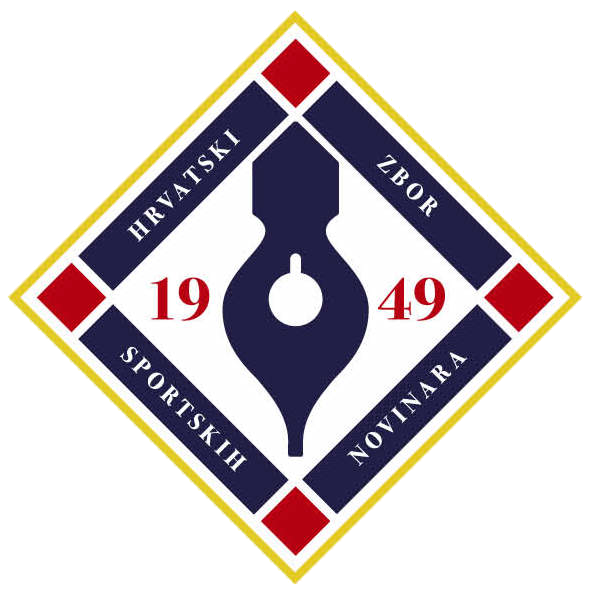
 EN
EN HR
HR





